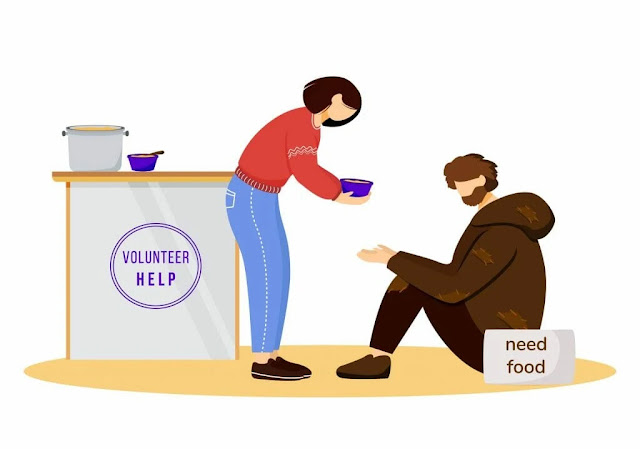Vitamin C : Did You Know ?
Did you know, that Vitamin C is an essential nutrientVitamins and minerals are nutrients your body needs in small amounts to work properly and stay healthy. Most people should get all the nutrients they need by having a varied and balanced diet, although some people may need to take extra supplements.
This article looks at:-
"Vitamin C, which is also known as ascorbic acid, and has several important functions.
These include:
helping to protect cells and keeping them healthy
maintaining healthy skin, blood vessels, bones and cartilage
helping with wound healing
Lack of vitamin C can lead to scurvy.
Good sources of vitamin C
Vitamin C is found in a wide variety of fruit and vegetables.
Berries
Blackcurrants
Broccoli
Brussels sprouts
Cantaloupe
Cauliflower
Grapefruit
Kiwi fruit
Leafy greens
Mango
Oranges
Orange Juice
Papaya
Peppers
Pineapple
Potatoes
Tomatoes
Squash
Strawberries
Watermelon
How much vitamin C do I need?
Adults aged 19 to 64 need 40mg of vitamin C a day.
You should be able to get all the vitamin C you need from your daily diet.
Vitamin C cannot be stored in the body, so you need it in your diet every day.
What happens if I take too much vitamin C?
Taking large amounts (more than 1,000mg per day) of vitamin C can cause:
stomach pain
diarrhoea
flatulence
These symptoms should disappear once you stop taking vitamin C supplements.
What does the Department of Health and Social Care (UK) advise?
You should be able to get all the vitamin C you need by eating a varied and balanced diet.
If you take vitamin C supplements, do not take too much as this could be harmful.
Taking less than 1,000mg of vitamin C supplements a day is unlikely to cause any harm."
The above information taken from article here
The above is provided for general information only, and should not be treated as a substitute for the medical advice of your own doctor or any other health care professional. If you have any concerns about your general health, you should contact your local health care provider.
Dear reader, you will find a variety of articles and recipe ideas within this blog, but please note, not all may be suitable for you. If you may have any food allergies, or underlying health issues these must always be taken into account. If you are a diabetic and not sure how certain foods may affect your blood sugars, test is best, i.e. use your meter. If you have any concerns about your health, it is always advisable to consult your doctor or health care team.
All the best Jan
These include:
helping to protect cells and keeping them healthy
maintaining healthy skin, blood vessels, bones and cartilage
helping with wound healing
Lack of vitamin C can lead to scurvy.
Good sources of vitamin C
Vitamin C is found in a wide variety of fruit and vegetables.
Berries
Blackcurrants
Broccoli
Brussels sprouts
Cantaloupe
Cauliflower
Grapefruit
Kiwi fruit
Leafy greens
Mango
Oranges
Orange Juice
Papaya
Peppers
Pineapple
Potatoes
Tomatoes
Squash
Strawberries
Watermelon
Some examples of foods containing high levels of vitamin C. Image from here
How much vitamin C do I need?
Adults aged 19 to 64 need 40mg of vitamin C a day.
You should be able to get all the vitamin C you need from your daily diet.
Vitamin C cannot be stored in the body, so you need it in your diet every day.
What happens if I take too much vitamin C?
Taking large amounts (more than 1,000mg per day) of vitamin C can cause:
stomach pain
diarrhoea
flatulence
These symptoms should disappear once you stop taking vitamin C supplements.
What does the Department of Health and Social Care (UK) advise?
You should be able to get all the vitamin C you need by eating a varied and balanced diet.
If you take vitamin C supplements, do not take too much as this could be harmful.
Taking less than 1,000mg of vitamin C supplements a day is unlikely to cause any harm."
The above information taken from article here
Don't throw those broccoli stalks away - more to read here
All the best Jan



































